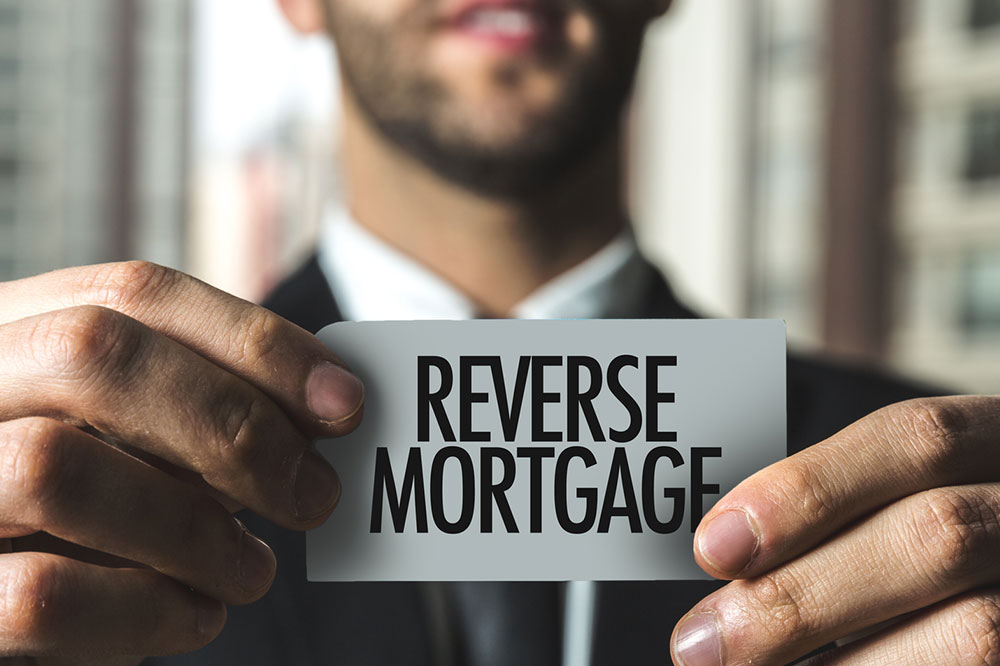4 basic questions answered about reverse mortgages
A reverse mortgage is a loan that allows individuals older than 62 to improve their financial well-being. They can convert part of their home equity into lump sum cash, fixed monthly payments, or line of credit, according to their preference. The money can be used to pay for medical bills, in emergencies, or to pay off a mortgage. Here’s what you should know about reverse mortgages in case you’re looking for one.

How much can you borrow?
For reverse mortgages, the loan amount can’t exceed the value of the property against which it is borrowed. Federal regulations require lenders to ensure that the loan amount doesn’t exceed the value of the house by structuring the transactions accordingly. Additionally, these regulations state that the owner/borrower is not liable to pay off the balance amount in case it exceeds the property value.
How are reverse mortgages paid for?
A reverse mortgage is payable when the borrower sells the house, relocates permanently, or dies. Unlike forward mortgages, reverse mortgages don’t need the borrower to make any monthly payments. They are only liable to pay interest on the money received, which is rolled back into the loan balance. While the owner gets to keep the title to the home, their home equity reduces over the loan tenure.
Who can take a reverse mortgage?
This type of loan is ideal for seniors and retirees whose net worth comes mostly from the value of their home. Seniors who don’t qualify for a home equity loan or can’t refinance due to limited cash flow or poor credit can opt for reverse mortgages. Home Equity Conversion Mortgage (HECM) for purchase is a reverse mortgage that allows seniors to buy another property. That said, it is complex, and you should study the risk factors before getting one.
What are the risks associated with reverse mortgages?
Reverse mortgage scams are not unheard of. Unreputable vendors could offer to help seniors secure reverse mortgages by undertaking house repairs. They don’t provide quality results and get away with the homeowner’s money instead. For spouses living together in a home with only one spouse named as a borrower on a reverse mortgage, the other spouse can lose the home if the borrowing spouse dies first. Besides, reverse mortgage lenders charge fees and closing costs and may also charge mortgage insurance premiums for federally-insured HECMs.

